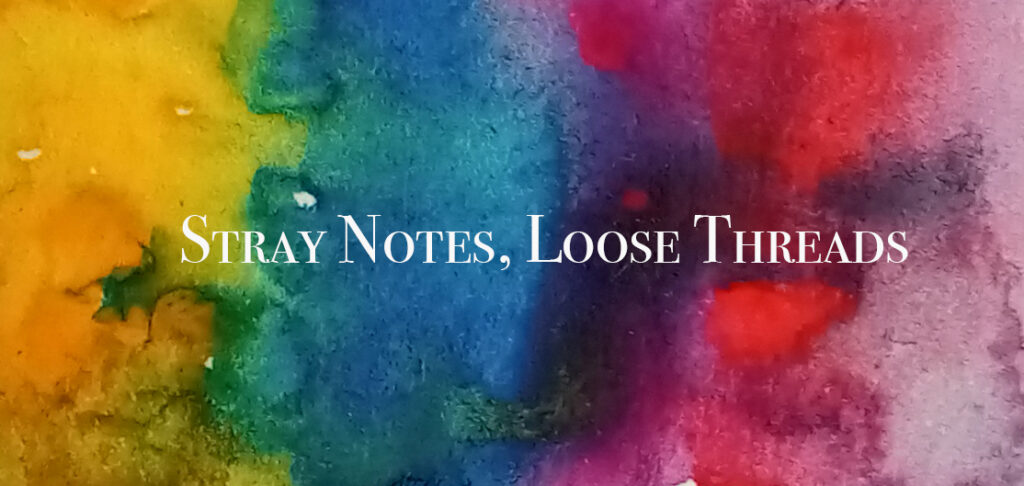Thula Mntwana is a well-known and much-loved song from South Africa, but it has a troubled history.
In 1964 the film Dingaka was released. It told the story of a man seeking revenge on those who had killed his daughter, and his subsequent trial for murder. The film (you can see it on the YouTube link below) is very much of its time with its unrealistic portrayals of South Africans, but it is the music from the movie that became famous.
One of the pieces, Onika’s Song (hear it at 11 minutes and 47 seconds into the film), has become famous. Ostensibly written by Bertha Enos, this short and sweet lullaby has become a worldwide hit, but is often referred to as traditional African or Zulu. So what is the truth? Is it a piece that was composed for the film or is it a traditional folk melody?
In 1959 the township musical King Kong opened in Johannesburg. The jazz-influenced show told the story of Ezekiel “King Kong” Dlamini, a heavyweight boxer from Sophiatown whose life descended into violence and drunkenness, ending with his death at the age of 36.
The show resulted in the catapulting of black South African artists onto the world stage and an increase in the awareness of the politics and music of apartheid South Africa. Many artists went into exile overseas, amongst them Miriam Makeba, Hugh Masekela, Chris McGregor and the Blue Notes, the Manhattan Brothers, and Abdullah Ibrahim (then still known as Dollar Brand), and the market for “African music” boomed.
This vibrant (and lucrative) market was ripe for exploitation. Dingaka was just one of the films that was produced to satisfy demand in the following years, and music, of course, followed suit. Bertha Egnos’ music for the film was a hit and Gallo Records, the label that signed the composer up, claimed that Onika’s Song was an original composition.
In 2006 a legal case came up in the South African courts. This case was between Gallo Records and Umoja, a South African musical that had been touring since 1999. Gallo demanded royalties for the use of the song in Umoja, while the litigants claimed that the song was “traditional” and therefore in the public domain. For seven years the case dragged on, causing promoters to cancel bookings of the show with the inevitable loss of jobs for actors and performers, some of whom were from low-income families and who depended on this show to support them.
What is the truth? Well, it is complicated. Much of the testimony in the case for the song being traditional rests on memory – well-regarded performers acknowledging and stating that they knew the song well before its recording by Bertha Egnos – and on common knowledge – how the composer was known for working with black performers to garner information and ideas without acknowledgement. On the other hand, Gallo relied on archive material – Bertha Egnos’ recording of the song is the first recorded evidence of the music.
It is a conundrum and one that cannot easily be solved. In a scholarly article (available here if you have a subscription), the author argues that archives privilege written and recorded records over oral testimony, and the only recourse therefore is to record and archive such testimony and give it legal power. It is clear that in this case, Bertha Egnos and Gallo Records benefitted from the exploitation of music that contains many traditional elements and is most likely “traditional”, but the originators of the tune never received recognition, nor did anyone else who might have a common share in the song. In this case, the power of the big company has won out over the individual, rightly or wrongly.
Whatever the truth, Thula Mntwana is now out in the public domain, a much-loved classic lullaby, and one that everyone can be proud to acknowledge as a truly South African piece.

Leave a Reply